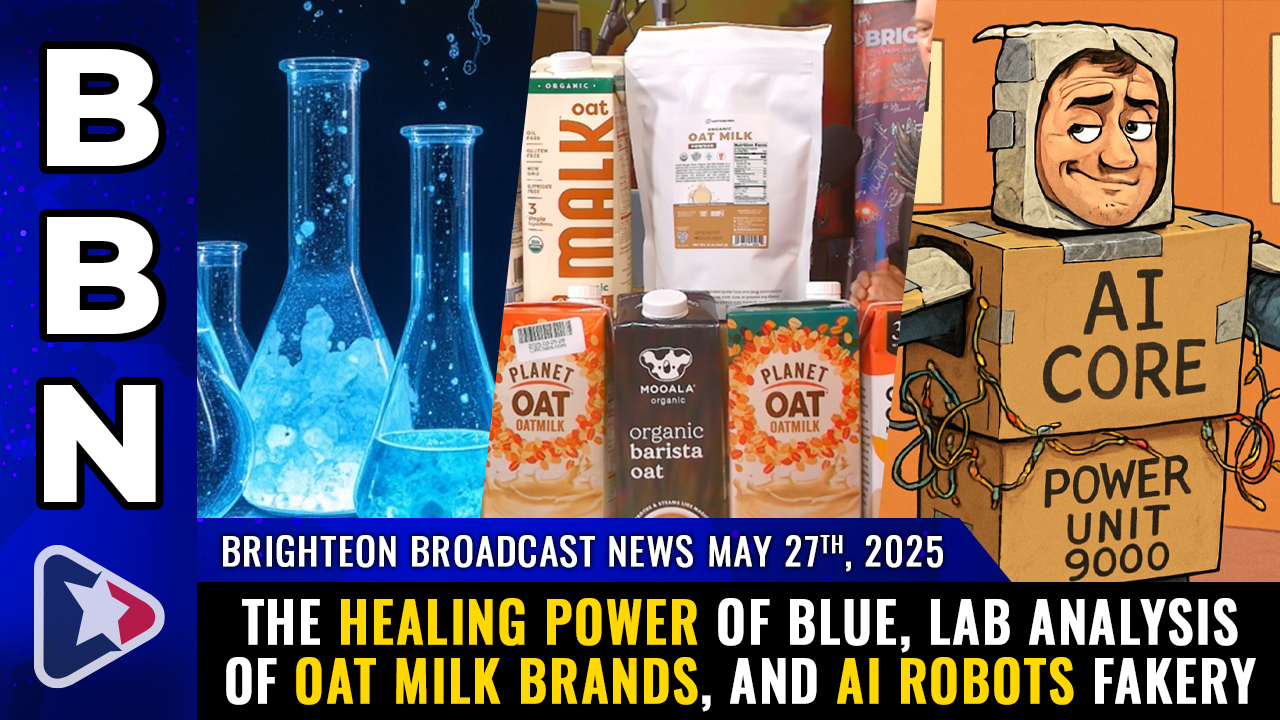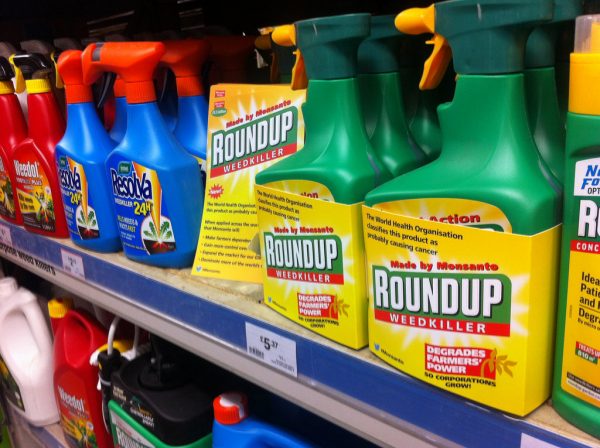 Parler
Parler Gab
Gab
- The FDA announced a stricter, more systematic review of food additives linked to cancer, hormone disruption, and developmental harm, targeting substances like BHA, BHT, phthalates, and titanium dioxide.
- For decades, companies exploited the "Generally Recognized as Safe" (GRAS) system to self-certify additives without FDA scrutiny, allowing harmful chemicals to remain in food despite health risks.
- RFK Jr. and HHS pledged decisive action to clean up the food supply, emphasizing transparency and post-market reviews, but advocates demand stronger measures, including closing the GRAS loophole.
- Studies link synthetic dyes to hyperactivity in children, ultraprocessed foods to diabetes and heart disease, and industrial chemicals to chronic illnesses like ADHD and autoimmune disorders.
- While advocates welcome the FDA’s shift, they criticize reliance on industry cooperation and urge outright bans on dangerous additives, stressing the need for preventive—not just reactive—oversight.
Decisive action and use of authority to clean up the food supply is what RFK Jr. is promising Americans
The U.S. Food and Drug Administration (FDA) announced Thursday a major overhaul of its chemical review process for food additives, targeting substances linked to cancer, hormone disruption, and developmental harm. The move comes amid growing public concern over the safety of preservatives, artificial colors, and other additives that have long been permitted in processed foods—often without rigorous FDA oversight. Under the new policy, the agency will implement a "stronger, more systematic review process" for chemicals like BHA, BHT, phthalates, and titanium dioxide, which studies have tied to serious health risks. The decision marks a shift toward greater transparency and accountability in food safety, though critics argue more aggressive action is needed to eliminate harmful additives entirely. For decades, food manufacturers have relied on the FDA’s "Generally Recognized as Safe" (GRAS) designation to self-certify additives without independent review. Many chemicals now under scrutiny—including BHA and BHT, approved in the late 1950s—were greenlit under this system despite emerging evidence of health hazards. “No parent should ever worry about what’s in their child’s food,” said U.S. Health and Human Services (HHS) Secretary Robert F. Kennedy Jr. in a statement. “We’re taking decisive action and using every authority we have to clean up the food supply and protect American families.”The FDA’s new framework includes:
- A modernized prioritization system for high-risk chemicals
- A structured post-market review process informed by scientific evidence
- Public updates on the status of chemical evaluations
- A 2021 California study tied synthetic food dyes to hyperactivity in children.
- A 2024 Frontiers in Nutrition study found ultraprocessed foods reduce muscle mass in teens and increase diabetes risk.
- A 2019 BMJ study linked ultraprocessed foods to cardiovascular disease.
Industry Pushback and the Path Forward
While advocates applaud the FDA’s shift, some remain skeptical of industry cooperation. Jaydee Hanson of the Center for Food Safety noted that the plan relies on “vague promises” from manufacturers. “It’s a good step, but we need to see if they’ll actually revoke GRAS certifications,” he said. The FDA has taken recent steps to curb harmful additives, including phasing out petroleum-based dyes and approving natural alternatives. HHS also announced a partnership with the National Institutes of Health (NIH) to study additives’ effects on children. Zen Honeycutt of Moms Across America welcomed the progress but urged faster action: “We need preventive oversight, not just reactive measures. Chemicals linked to cancer and hormone disruption should be banned outright.” The FDA’s new review process signals a turning point in food safety regulation—one that prioritizes science over industry convenience. Yet, as chronic diseases continue to rise, advocates argue that bolder reforms are needed to eliminate harmful additives entirely. “We’ll be watching how they implement these promises,” Hanson said. “If done right, this could finally address concerns we’ve raised for over a decade.” For now, consumers remain advised to scrutinize labels and minimize exposure to processed foods laden with questionable chemicals. Tune your food news frequency to FoodSupply.news and get updates on toxins still in our food supply that cause cancer, infertility and dementia. Sources for this article include: NaturalNews.com ChildrensHealthDefense.orgYour oat milk has a secret ingredient – Lab tests confirm what’s really inside
By Finn Heartley // Share
Ralph W. Moss explains why America is losing the war on cancer in his book “The Cancer Industry”
By Kevin Hughes // Share
$93B Energy loan scandal during Biden’s final days EXPOSED
By Willow Tohi // Share
Governments continue to obscure COVID-19 vaccine data amid rising concerns over excess deaths
By patricklewis // Share
Tech giant Microsoft backs EXTINCTION with its support of carbon capture programs
By ramontomeydw // Share
Germany to resume arms exports to Israel despite repeated ceasefire violations
By isabelle // Share










